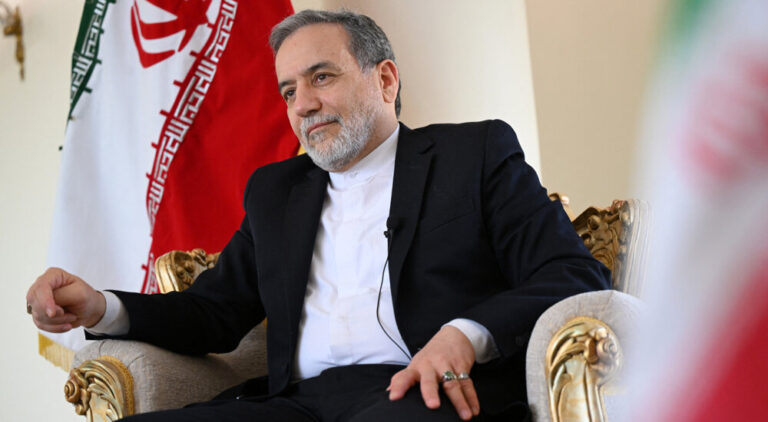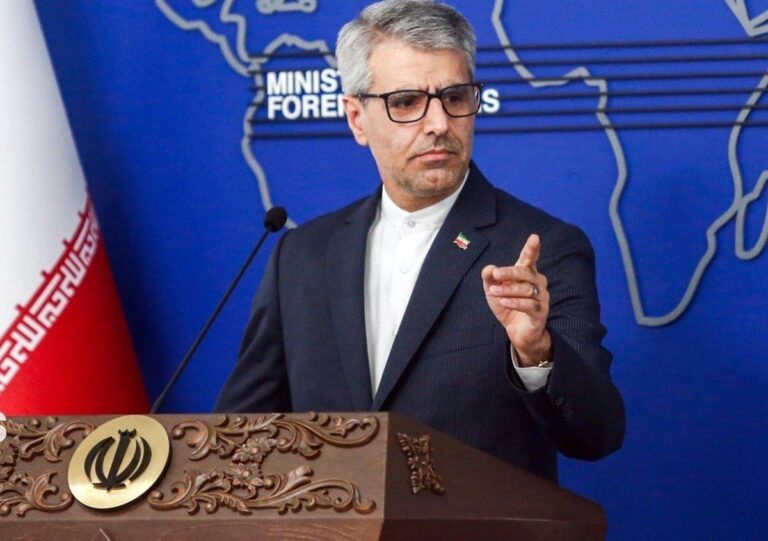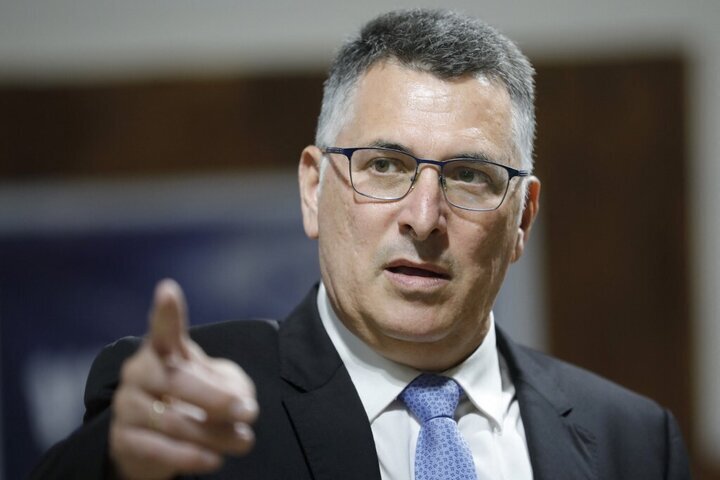Hamas Declares: Empty Threats Hold No Weight
In recent developments surrounding the Israel-Hamas conflict, senior Hamas official Sami Abu Zuhri emphasized the importance of adhering to the ceasefire agreement to facilitate the return of Israeli captives. This statement comes amid escalating tensions and warnings from US President Donald Trump regarding the situation.
According to Zuhri, “Trump must remember that there is an agreement that must be respected by both parties, and this is the only way to bring back the prisoners. The language of threats has no value and only complicates matters,” he told Reuters. This highlights a critical viewpoint that emphasizes diplomacy over intimidation.
As the situation unfolds, it is crucial to understand the key elements influencing the conflict:
- Ceasefire Agreement: Both parties are expected to adhere to the terms set forth in the ceasefire to ensure a peaceful resolution.
- Role of the United States: The US, under President Trump, plays a significant role in mediating the situation and influencing the actions of both Israel and Hamas.
- Release of Captives: The return of Israeli captives is contingent upon the respect of the ceasefire, according to Hamas officials.
- Accusations of Violations: Hamas has accused Israel of breaching the ceasefire terms, which has led to the postponement of the captives’ release.
Trump’s recent comments included a stark warning to Palestinians, stating that “hell will break loose” if the captives are not released as scheduled under the ceasefire. This rhetoric has added to the complexity of the situation, suggesting a potential escalation of conflict if diplomatic solutions are not prioritized.
Hamas’s decision to postpone the release of captives is rooted in their assertion that Israel has not upheld its end of the ceasefire agreement. This decision underscores the fragile nature of the current peace negotiations and the high stakes involved for both sides.
In light of these developments, the emphasis on diplomacy and respect for agreements is more crucial than ever. The international community is closely monitoring the situation, as further deterioration could lead to significant humanitarian consequences.
Key points to consider regarding the current state of the Israel-Hamas conflict include:
- Diplomatic Efforts: Continuous dialogue is essential to prevent further escalations.
- Public Sentiment: The opinions of both Israeli and Palestinian citizens play a significant role in shaping the conflict’s trajectory.
- International Involvement: Other nations and organizations may intervene or provide support, which could influence the outcome.
- Humanitarian Impact: The ongoing conflict has severe implications for civilians, making it a pressing issue for global leaders.
As the deadline for the captives’ release approaches, the pressure mounts on both Hamas and Israel to find common ground. The statements made by senior officials on both sides will be pivotal in determining the next steps in this complex conflict.
In conclusion, the path to resolving the Israel-Hamas conflict is fraught with challenges, but the emphasis on respect for ceasefire agreements is a vital component for moving forward. The words of Sami Abu Zuhri serve as a reminder that constructive dialogue is essential in achieving lasting peace, especially in a situation where threats and hostilities could lead to further violence.






